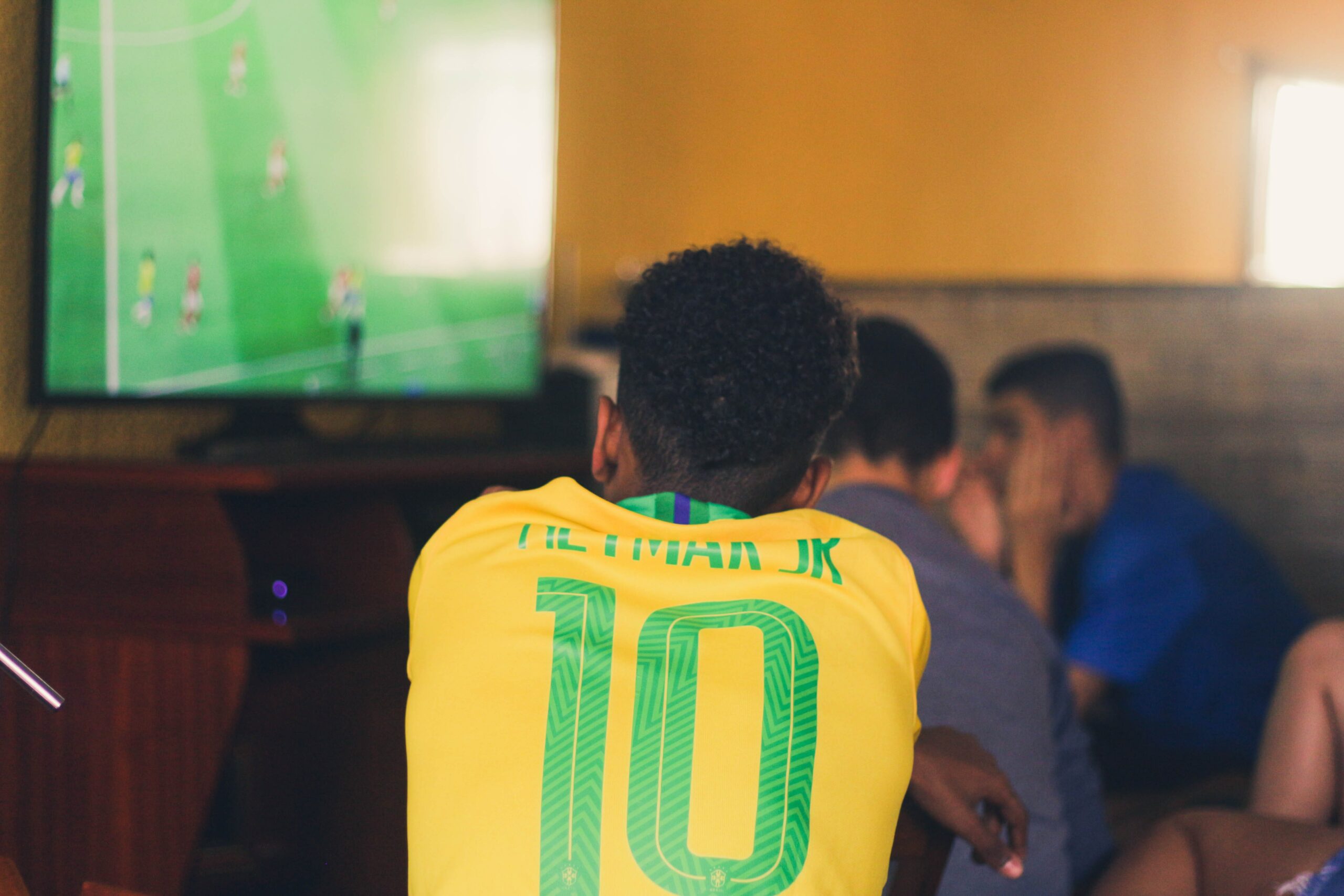Economic factors in latest election
With Brazil’s economy repairing itself progressively since the pandemic, unemployment falling to its lowest in nearly seven years and consumer prices finally edging downward, what is on the minds of the country’s voters?
The rash of recent positive economic indicators may boost the chances for incumbent President Jair Bolsonaro, who currently trails the popular former President Luiz Inacio Lula da Silva in most polls.
Live and let live, well
According to various polls, the majority of Brazilians are optimistic about their living standards. The nation’s economy began to recover in 2021 and continues to do so this year, with current growth for 2022 forecast at 2.7%.
Amid this growth, as well as a new USD $7.6bn aid package to help ease inflation woes among poor Brazilians, a majority of adults (58% according to Gallup) say their standard of living is getting better, while 22% say it is getting worse. These numbers are slightly improved from where they were in 2021 and in line with sentiment in 2020.
In Bolsonaro’s first term, the bulk of Brazilians were optimistic about their living standards, but not quite to the same level as under Lula’s reign – which Lula may be able to focus on, by pledging a return to those prosperous days.
Food fights
The rising prices of agricultural produce and food in wider circles has preyed upon the minds of the electorate.
But food prices remain high, which is reflected in the 34% of Brazilians who said they struggled to afford food at times in the past year. More Brazilians have been unable to afford food at times in the past two years under Bolsonaro than at most points in the past 15 years.
The working weak
Brazil’s jobless rate fell to 9.1% this summer – its lowest level in nearly seven years – but the majority of Brazilians (56%) still think it is a bad time to find a job where they live. But conversely, four in 10 Brazilians see it as a good time.
Overall, Brazilians remain downbeat about job prospects, but they are not nearly as pessimistic as they were when Bolsonaro took office or compared with the years immediately following the country’s economic crisis in 2014.
Our take
The optimism that Brazilians feel about their living standards and other economic metrics may be fragile.
At the same time that Brazilians feel their personal situation is getting better, they are less optimistic about the direction of their economy than they were in the past two years. In fact, the 49% of Brazilians who see local economic conditions as improving is the same as Bolsonaro’s first year in office.
Either way the election in one of South America’s most powerful economies will undoubtedly affect the region. After a volatile period during the pandemic and among inflationary pressures, opportunities for investors within and without will follow as whoever wins embarks on methods to rejuvenate the economy.
